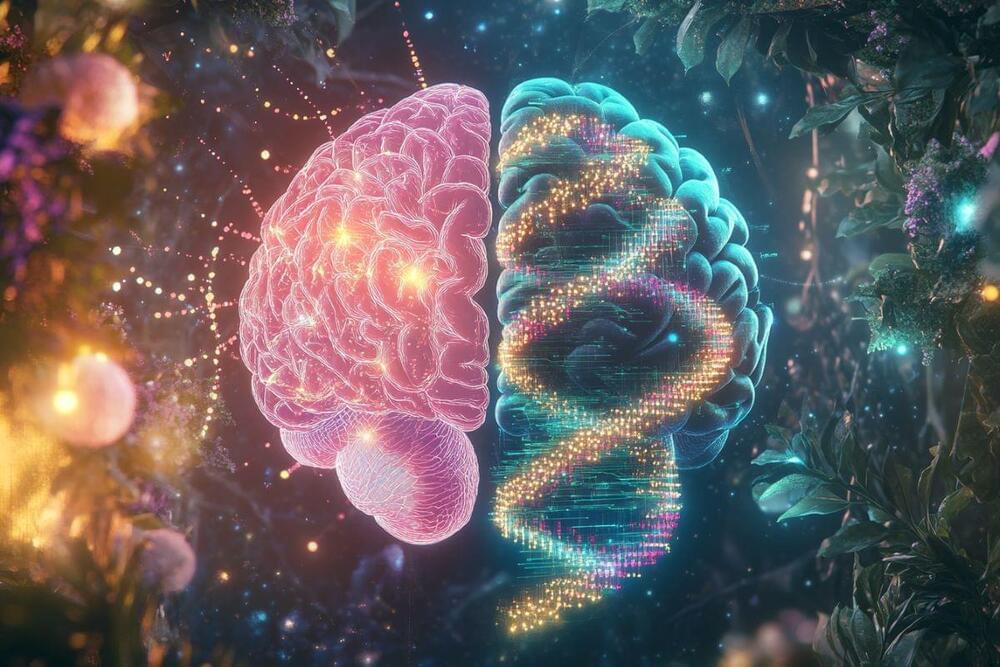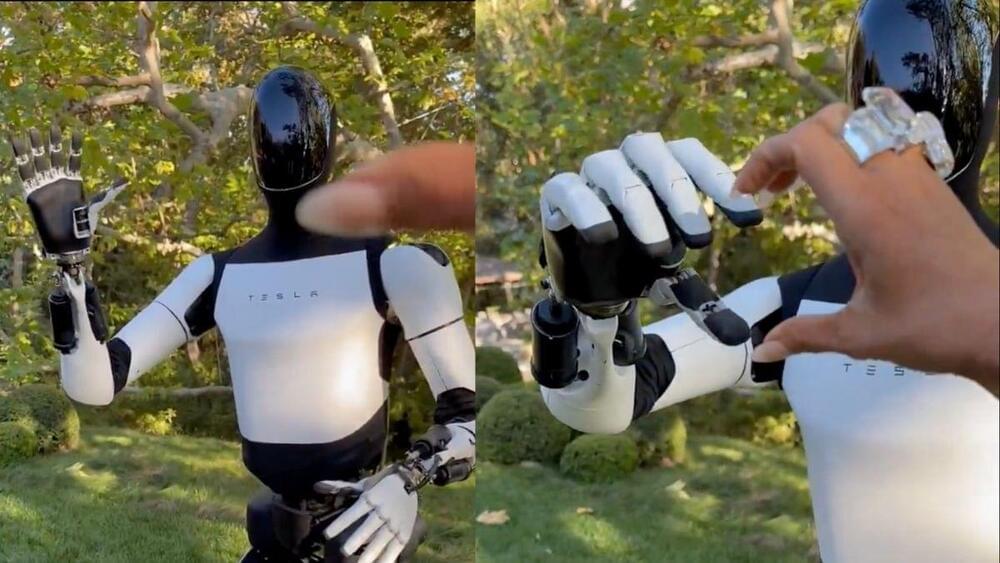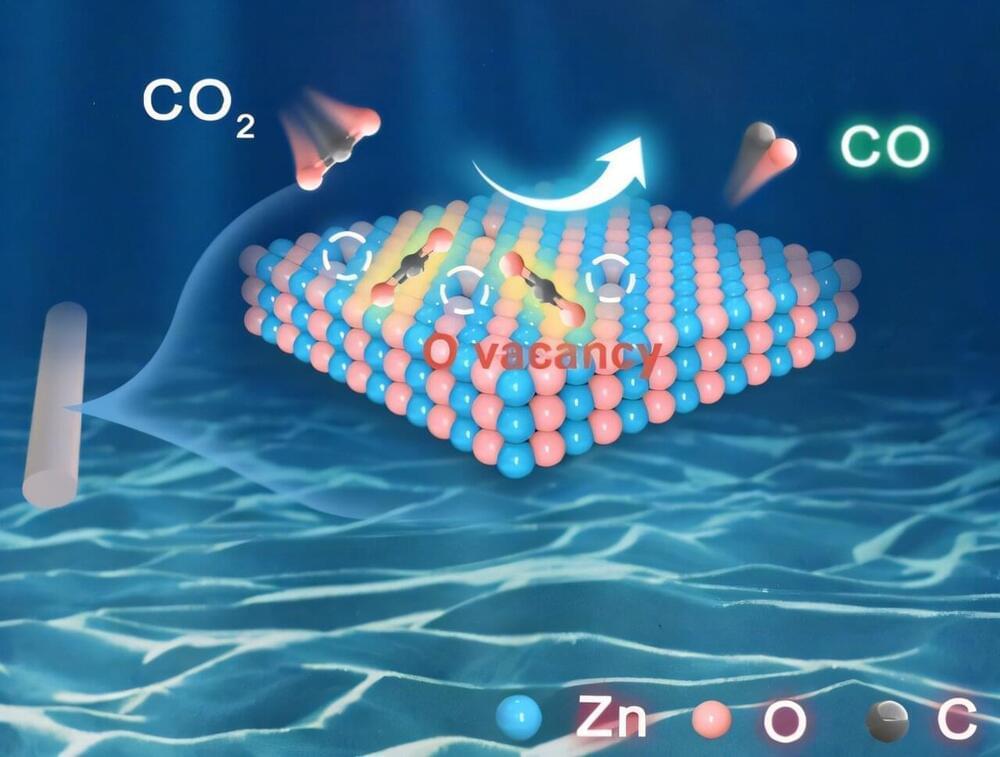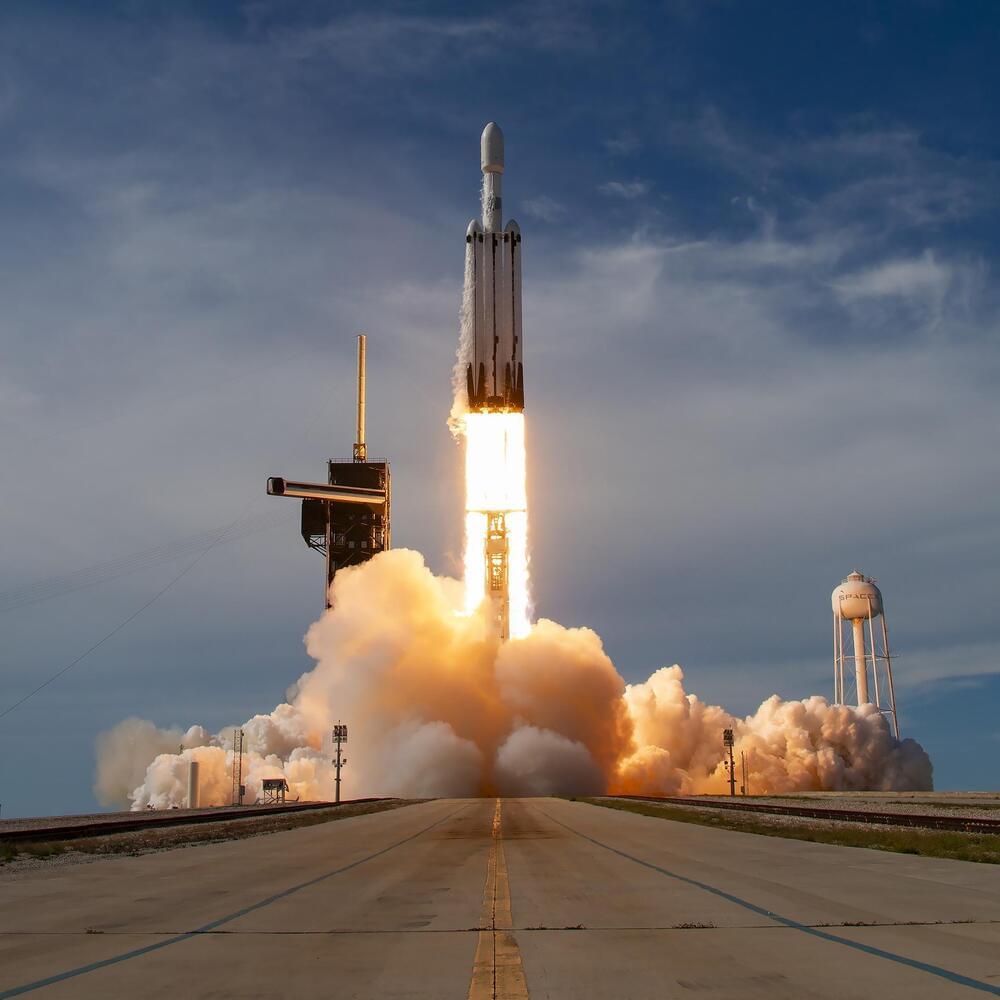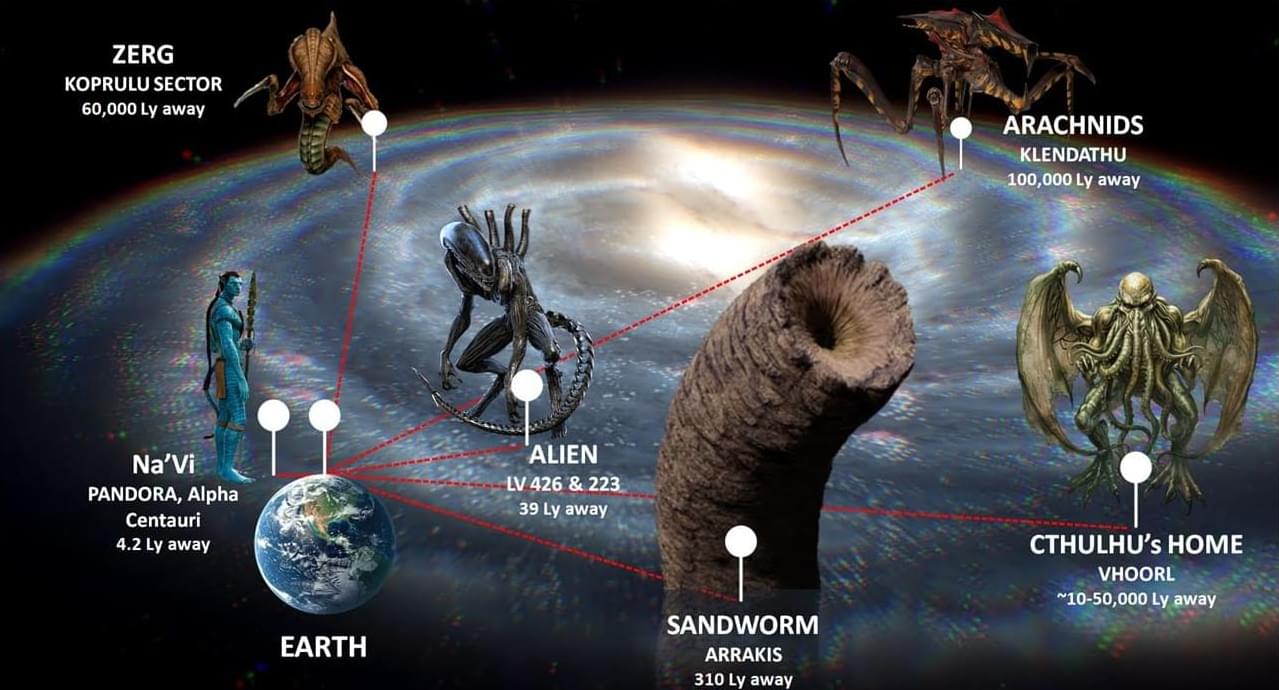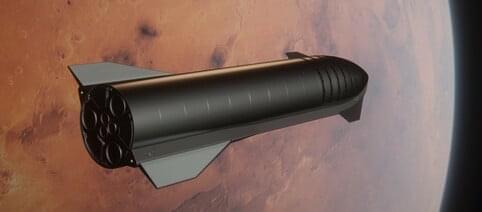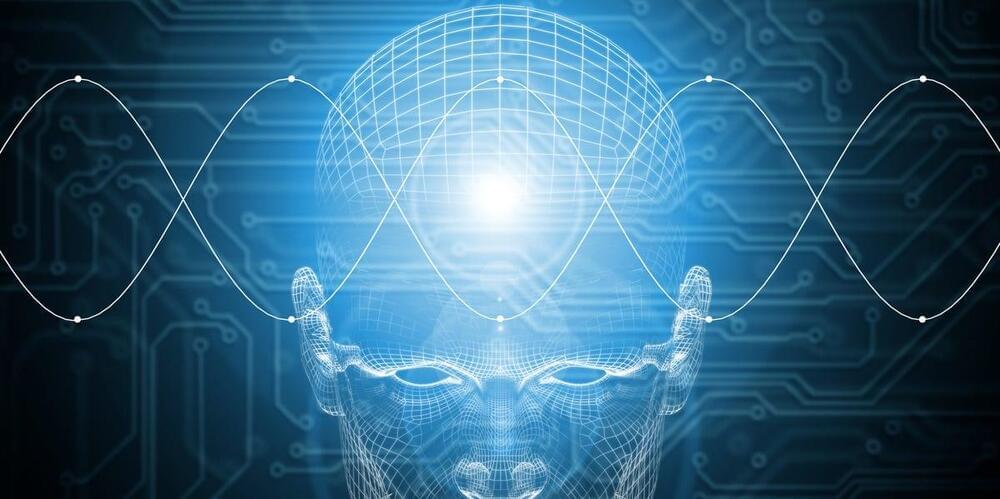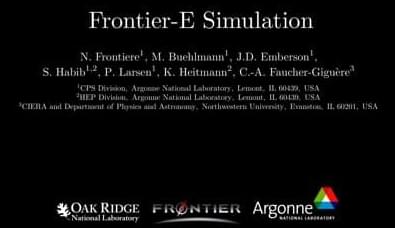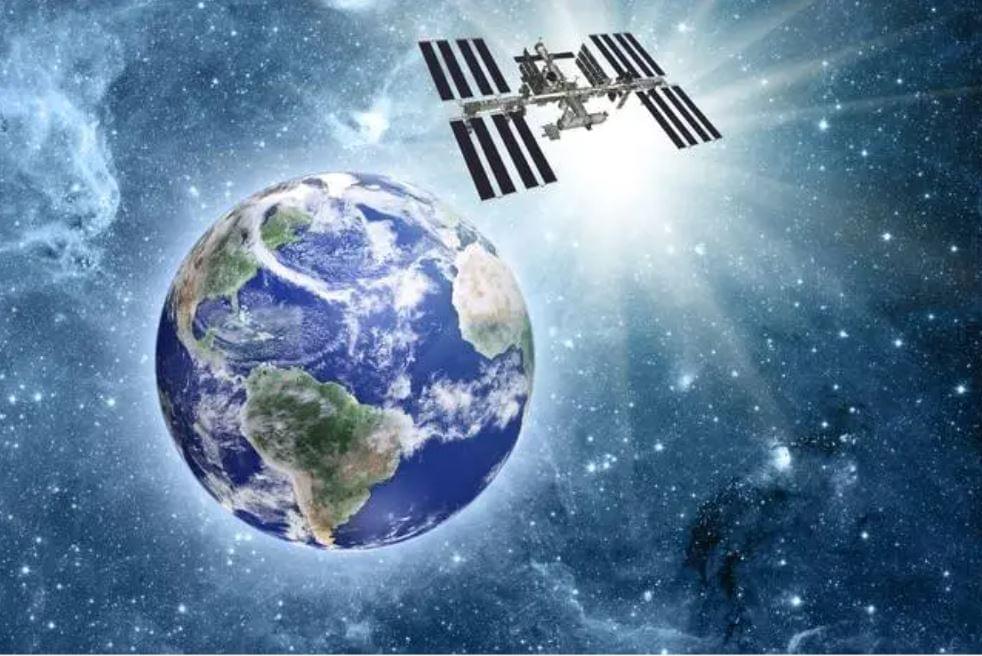Nov 26, 2024
DNA to AI: How Evolution Shapes Smarter Algorithms
Posted by Genevieve Klien in categories: biotech/medical, information science, mobile phones, robotics/AI
Summary: A new AI algorithm inspired by the genome’s ability to compress vast information offers insights into brain function and potential tech applications. Researchers found that this algorithm performs tasks like image recognition and video games almost as effectively as fully trained AI networks.
By mimicking how genomes encode complex behaviors with limited data, the model highlights the evolutionary advantage of efficient information compression. The findings suggest new pathways for developing advanced, lightweight AI systems capable of running on smaller devices like smartphones.
